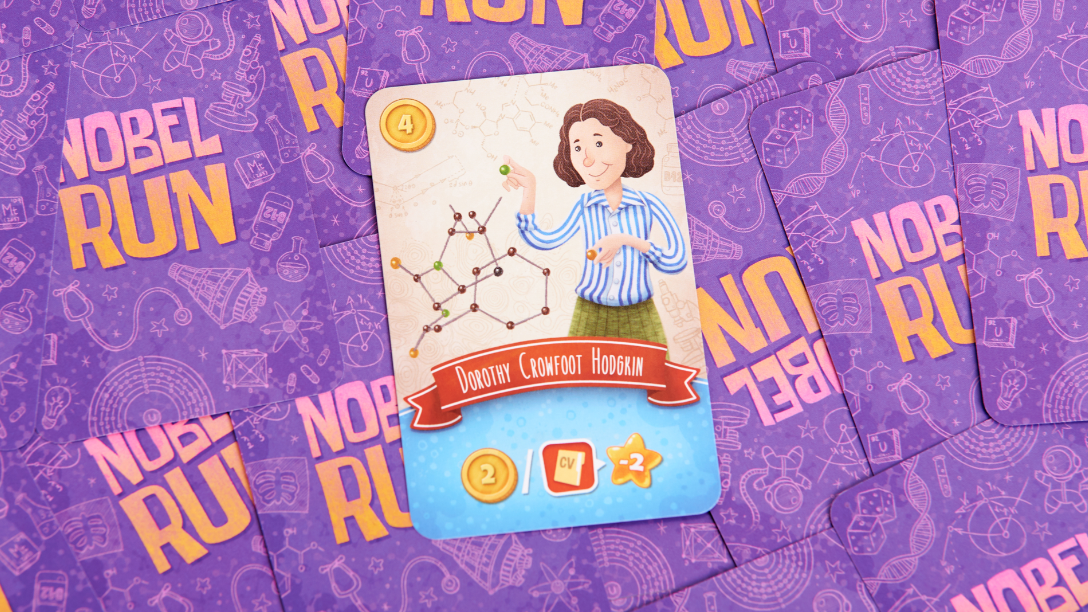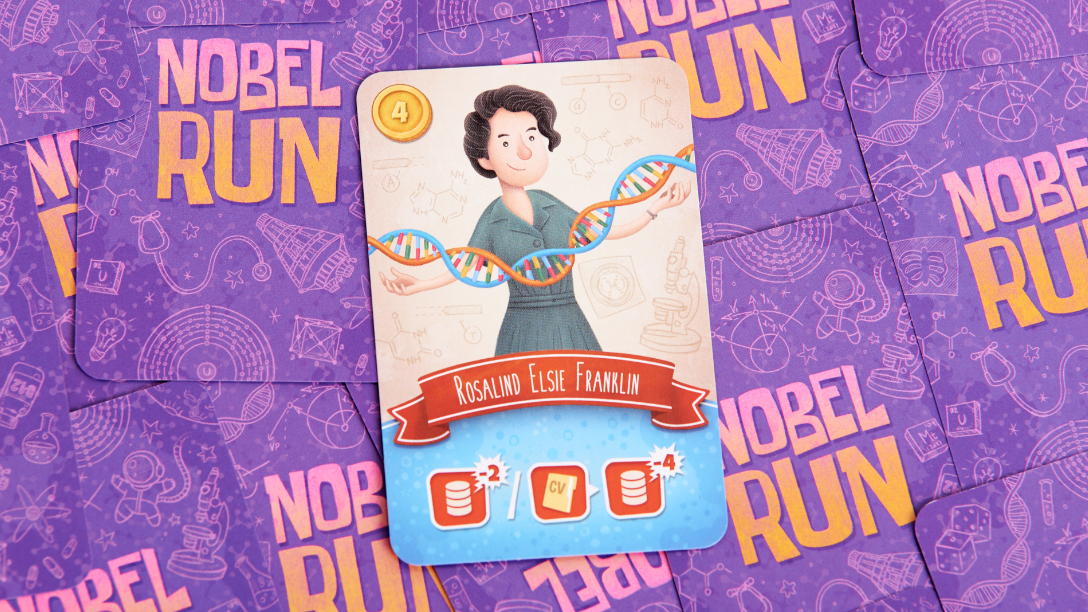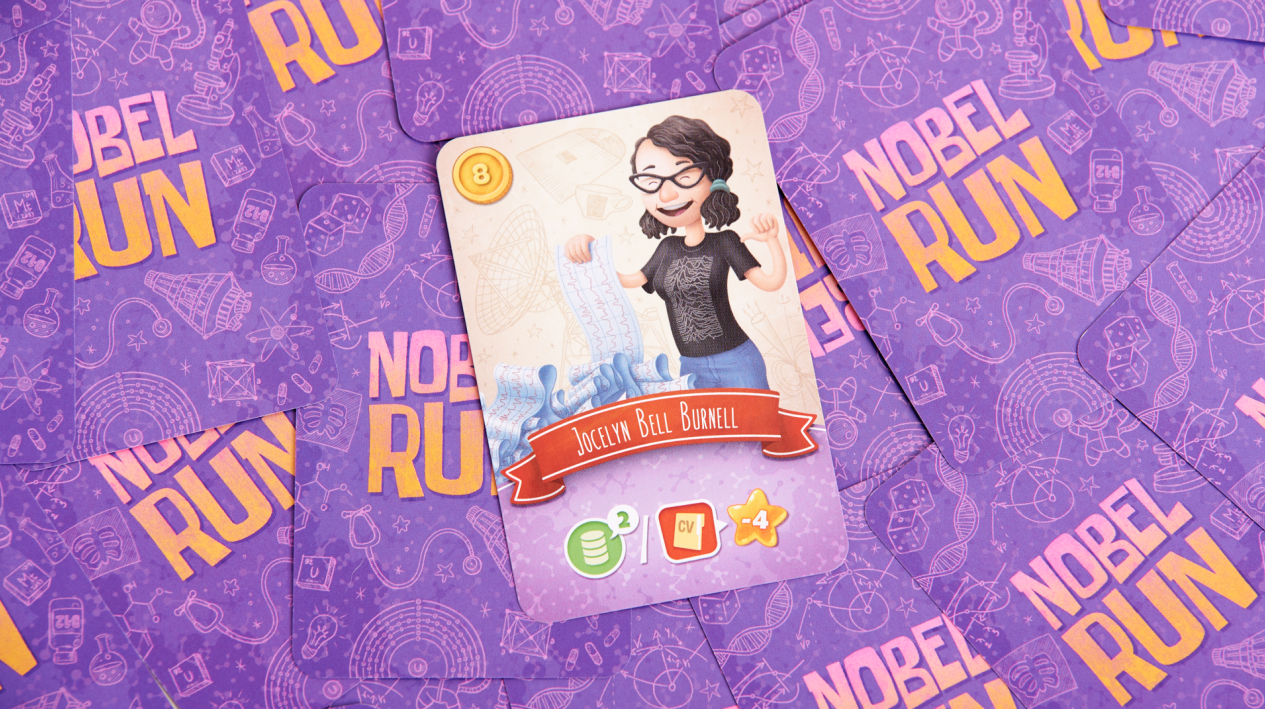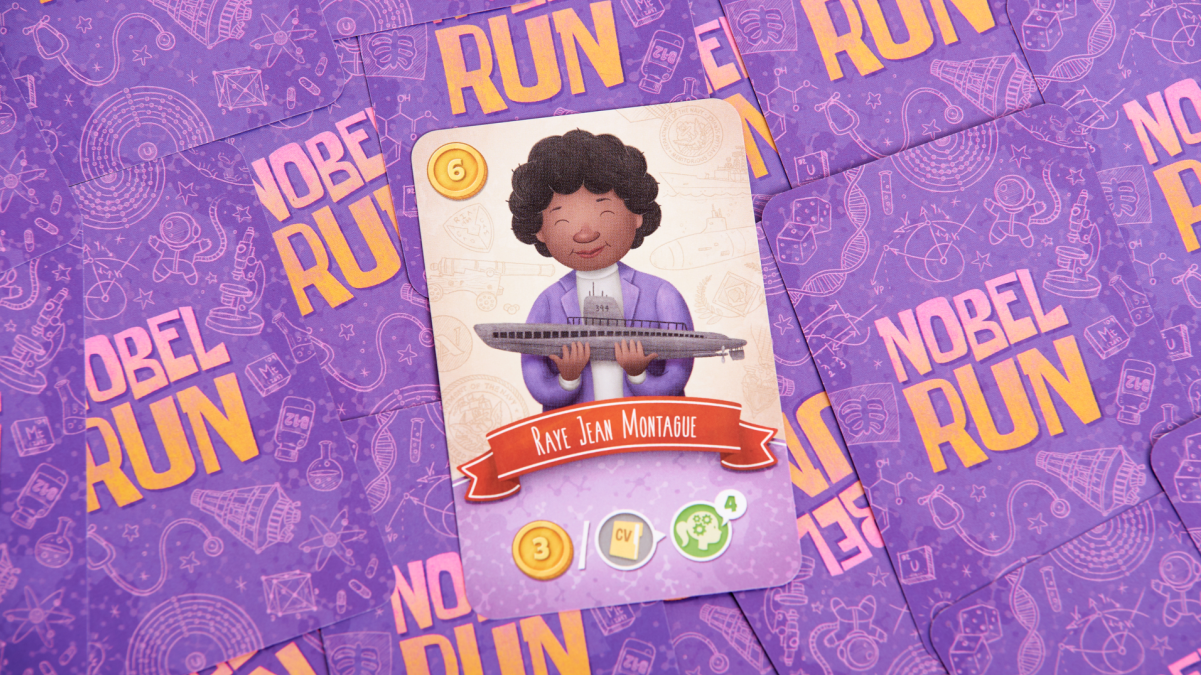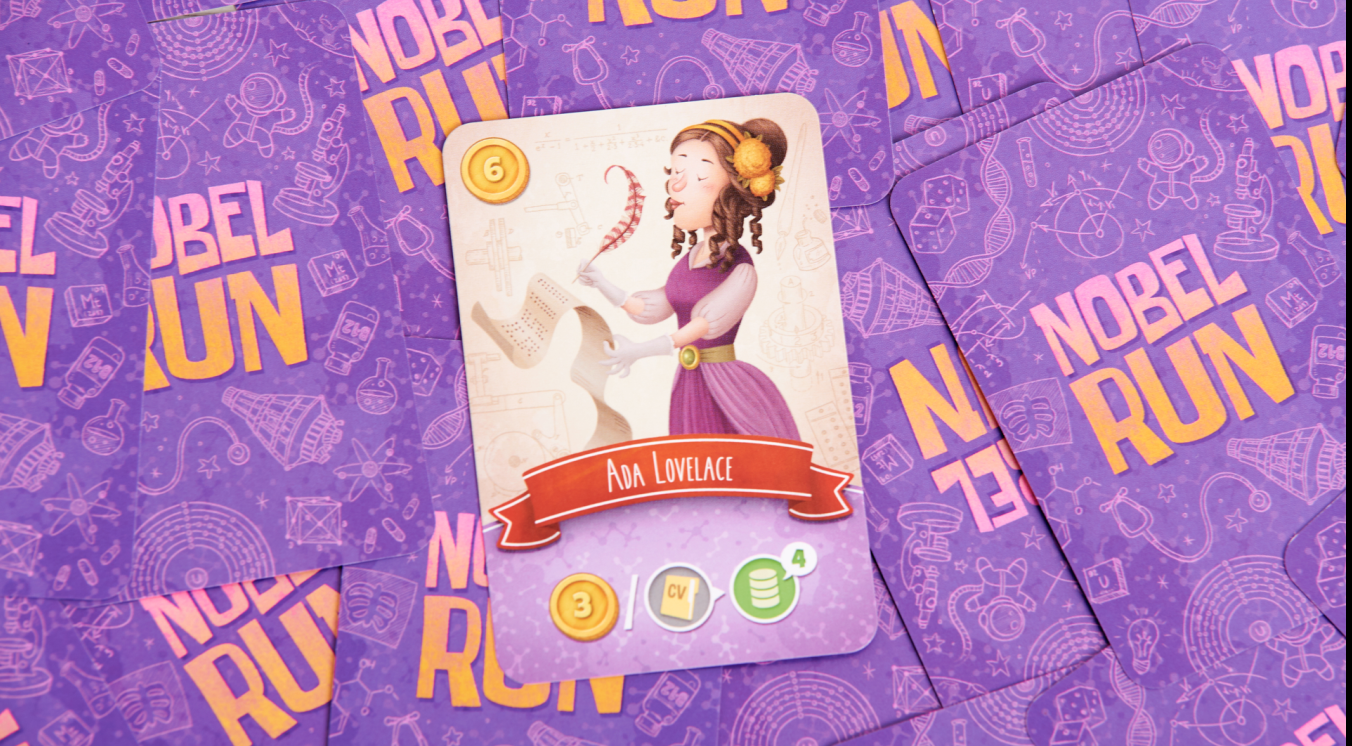
Imagination is the Discovering Faculty, pre-eminently. It is that which penetrates into the unseen worlds around us, the worlds of Science.”
Augusta Ada Lovelace
(England, 10 December 1815 – England, 27 November 1852)
Born on December 10, 1815 in London, Augusta Ada Lovelace is often considered to be the first computer programmer, as she was the first to publish part of a program (specifically an algorithm) intended for implementation on Charles Babbage’s Analytical Engine. However, many years passed after her death before she gained the recognition that she deserved.
Poetical Science
We always talk about her father, Lord Byron, but we rarely talk about her mother, Annabella Milbanke. Her mother studied mathematics and astronomy and she was the very opposite of her poet father which is what led her to push Ada to pursue science. This marriage was so unusual that he told her on their wedding day: “Now you will find that you have married a devil“.
And indeed, it did not last long. A month after Ada’s birth, they separated and Annabella, who got full custody of her daughter, tried to stop Ada from becoming a bohemian poet (with the prejudice that Science would take her away from Letters).
But it was like swimming against the current. On one occasion Ada wrote to her mother: “If you can’t give me poetry, can’t you give me poetical science?“. Annabella made sure that she received a solid education in maths, in England where the education of women was starting to gain cultural ground. Indeed, The Ladies Diary or Woman’s Almanack (an influential publication of the time) promised its female readers that by cultivating their minds, their attractiveness would increase.
Charles Babbage and the Analytical Engine
In 1834 Mary Somerville entered her life and became her mentor. A brilliant mathematician and astronomer, she was the first female honorary member of the Royal Astronomical Society (RAS) alongside with Caroline Herschel (1835). She is also a key figure in the Nobel Run board game. Somerville introduced her to Charles Babbage, a prominent British mathematician and engineer. He was preoccupied with building a machine capable of generating mathematical tables that would automate the mechanical steps of the calculation: the Analytical Engine.
After a talk that Babbage gave in Turin, Luigi Menabrea, an engineer and mathematician, published an article in French, that Ada Lovelace translated into English. Babbage suggested to Ada that she write the essay with her own ideas also. Lovelace’s Notes ended up being longer than Menabrea’s own essay. In them, the “Enchantress of Numbers” (a nickname that Babbage gave Ada Lovelace during their many years of correspondence) devised a way to program the Analytical Engine based on the Jacquard loom system, which used perforated cards to repeatedly stamp the same design. Ada Byron’s perforated card program computed Bernoulli’s numbers. Fearing that she would be censored or that her Notes would be forgotten because she was a woman, she signed them with her initials: “A.A.L.”
The legacy of the Enchantress of Numbers
Lovelace’s health was never robust. She died at the age of 36 because of uterine cancer. Her work remained in relative obscurity until 1953, when Bertrand V. Bowden compiled Master than Thought, giving her the visibility she deserves.
Nowadays, there is a programming language with her name, created by the U.S. Department of Defense and, every year, on the second Tuesday of every October, Ada Lovelace Day is celebrated to highlight the achievements of women in STEM (science, technology, engineering and mathematics) careers.
Ada Lovelace is one of the scientists who appears in our board game Nobel Run. More info: Gearing Roles launches the Nobel Run board game to give visibility to women in science.
Text by Lorena Fernández (@loretahur).
Illustrations by Iñigo Maestro (@iMaestroArt).
